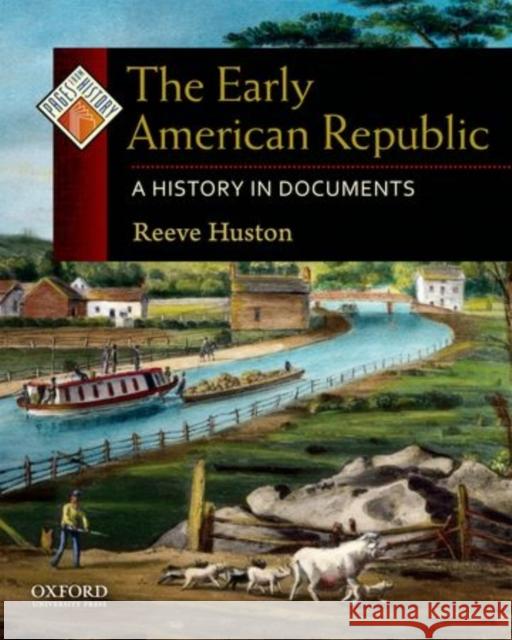The Early American Republic: A History in Documents » książka
The Early American Republic: A History in Documents
ISBN-13: 9780195338249 / Angielski / Miękka / 2010 / 256 str.
The early years of the American republic witnessed wrenching conflict and change. Northerners created an industrial order, which brought with it troubled relationships at work and within families. White southerners extended plantation slavery while the anti-slavery movement grew above the Mason-Dixon line. In the West, Native Americans battled newly arrived yeomen, entrepreneurs, and planters for control over land. Throughout the young nation numerous groups--African Americans, poor white men, women--fought for full citizenship, while others vigorously opposed their bids for equality. The Mexican-American War (1846-1848) marked the end of the period with violence that prefigured the Civil War.
Using such primary sources as diaries, letters, political cartoons, photographs, speeches, engravings, newspaper debates, paintings, and the memoirs of participants, The Early American Republic: A History in Documents recreates the drama of that era. Englishwoman Rebecca Burlend recounts the hardships and victories of her life on the Illinois frontier. In a letter to an ally, Thomas Jefferson explains his Indian policy, while the Native American leader Tecumseh makes his case for Indian unity against white Americans. James Henry Hammond, a wealthy planter, instructs his overseer on how to manage slaves, and Joseph Taper writes his former master about the freedom he enjoys after escaping to Canada. A blackface minstrel tune and Frederick Douglass's account of being beaten up by white ship workers illustrate the emergence of a virulent form of racism. A list of instructions from New York Democratic leaders shows how parties drew ordinary voters into politics, and Congressional speeches reveal the fierce emotions that fueled the sectional crisis. A picture essay explores the complexities of American families in ten group portraits. By weaving these historical documents together, Reeve Huston conveys the challenges and culture of the foundational years of the nation.











